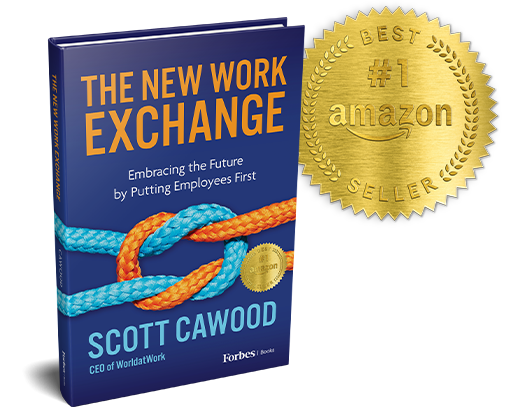Understanding the New Work Exchange Concept
In the current work environment, the traditional exchange of time for money is no longer the primary driving factor for employees. Today, workers are seeking more value from the organizations they work for; value that augments their personal and professional lives. The New Work Exchange, as this paradigm shift is known, regards employees as vital stakeholders in the company and actively seeks to identify and provide the currency they truly value.
This approach contrasts strongly with the Old Work Exchange, where the norm was for companies to dictate terms to the workers: “Give us 40 hours of your weekly time, and we will pay you X amount. The New Work Exchange transforms this into a two-sided dialogue that tailors value exchange to the individual employee’s needs and aspirations.
This philosophy doesn’t have a universal, one-size-fits-all blueprint. It varies from one organization to another depending on the specifics of their workforce. Some firms might adopt unlimited Paid Time Off (PTO) policies, while others might focus on personal development programs in areas such as personal relationships, finance, and mental health. The critical factor is aligning the company’s offer with the employees’ genuine priorities.
Applying the New Work Exchange has significant benefits for both the organization and the employees. Companies benefit from attracting and retaining exceptional talent, enhancing their corporate culture and bottom line. Employees, on the other hand, derive greater pride and focus from their work, moving them away from the traditional mindset of “another day, another dollar.
This model is fluid and recognizes that alignment between the organization and its workers will evolve over time, requiring constant recalibration. It goes beyond merely updating company policies; it promotes a culture where agility and adaptability are highly valued.
So, leadership and HR departments need to reassess their value exchange currency with their employees. This involves communicating directly with employees to understand what they value, rather than making assumptions. It also requires being ready to act on the feedback collected. As this new currency unfolds within the organization, note that the value is not about the money but the recognition of the employees as vital stakeholders.
In order to successfully implement this change, it’s good to know that there are websites like eddcaller.com, which offer resources, guides, and ample information on how HR departments can seamlessly transition from the Old to the New Work Exchange. Their expert advice and helpful guides can be crucial to implementing these strategies successfully.
